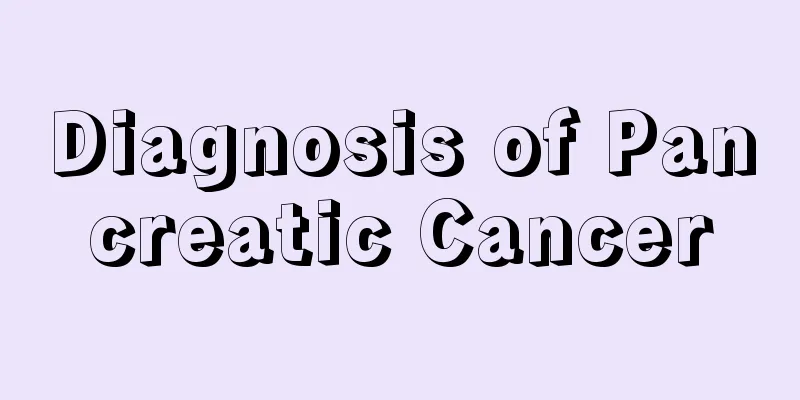Understanding intravesical chemotherapy for bladder cancer patients

|
Bladder cancer is a common malignant tumor of the urinary system. The main treatments for bladder cancer are open resection or transurethral resection with bladder preservation. Since the recurrence rate after bladder preservation surgery is about 60%-70%, it is advocated to use intravesical chemotherapy after surgery to inhibit the malignant development of the tumor. The ideal therapeutic effect of intravesical chemotherapy is that the drug can quickly reach an effective drug concentration in the bladder epithelium, and the systemic absorption is small, with little adverse effect on the body. At present, there are two types of bladder chemotherapy drugs: one is biological preparations, including BCG, interferon, etc.; the other is chemical drugs, such as mitomycin, doxorubicin, etc. The former can prevent tumor recurrence and infiltration by inducing the body's immune function; the latter can prolong the time of tumor recurrence. Things to note are that some chemical drugs are highly irritating to the skin and penis. When undergoing intravesical instillation treatment, you must strengthen protection to avoid damage to the body. Bladder instillation should be performed in the morning. The patient should empty the bladder before the procedure to achieve the best therapeutic effect. After the drug is injected into the bladder, various body positions should be changed, such as lying flat, lying on the left side, lying on the right side, lying prone, etc. This is conducive to the comprehensive contact of the drug with various parts of the bladder to improve the therapeutic effect. After instillation, the drug should be kept in the bladder for 2 hours and then discharged naturally. Pay attention to observe whether there are side effects such as tenderness and hematuria. If the bladder irritation symptoms are more obvious after instillation, you can take some Chinese medicine, such as Zhibai Dihuang Decoction, to relieve it. For patients with more severe chemotherapy reactions, they can also be treated with Chinese medicine during chemotherapy. The principle of Chinese medicine treatment should be to tonify the kidney, strengthen the spleen and benefit the lungs, and to promote dampness and stop bleeding, clear heat and stop bleeding, and detoxify and remove blood stasis to reduce the toxic and side effects of chemotherapy and improve the patient's ability to tolerate chemotherapy. |
<<: There are 5 pathological types of ovarian cancer
>>: Bad breath may be a sign of stomach cancer
Recommend
How much do you know about blood problems?
The dangers of “unhealthy blood” 1. Low awareness...
What is the reason for knee deformation
Most people think that knee deformity is a proble...
Nursing taboos for patients with osteosarcoma
What are the nursing contraindications for osteos...
Is there a white substance coming out of the acne on your chin?
The situation where white objects are squeezed ou...
Can Coca-Cola Cure Kidney Stones?
Kidney stones are a common urological disease, wh...
I drank alcohol after getting the rabies vaccine
After being bitten by a dog, you must get a rabie...
A Complete List of Stir-Fried Appetizers
Many friends will experience loss of appetite, an...
How to preserve fresh dried mushrooms
Ganba mushroom can be said to be a kind of fungus...
Anti-inflammation during circumcision surgery without removing stitches
In our lives, many boys have some men's disea...
There are a bunch of small rashes on my chin
In the case of a bunch of small rashes on the chi...
Are domestic snakes poisonous?
I believe everyone is familiar with snakes, espec...
Aloe Vera Gel for Red Blood Threads
The presence of red blood streaks has a great imp...
How to check for breast cancer? Six common methods for checking for breast cancer
Once breast cancer occurs, it will endanger women...
What's the matter with people pooping black
In order to better understand our physical condit...
Why is earwax wet?
If there is too much earwax in the ear canal and ...









